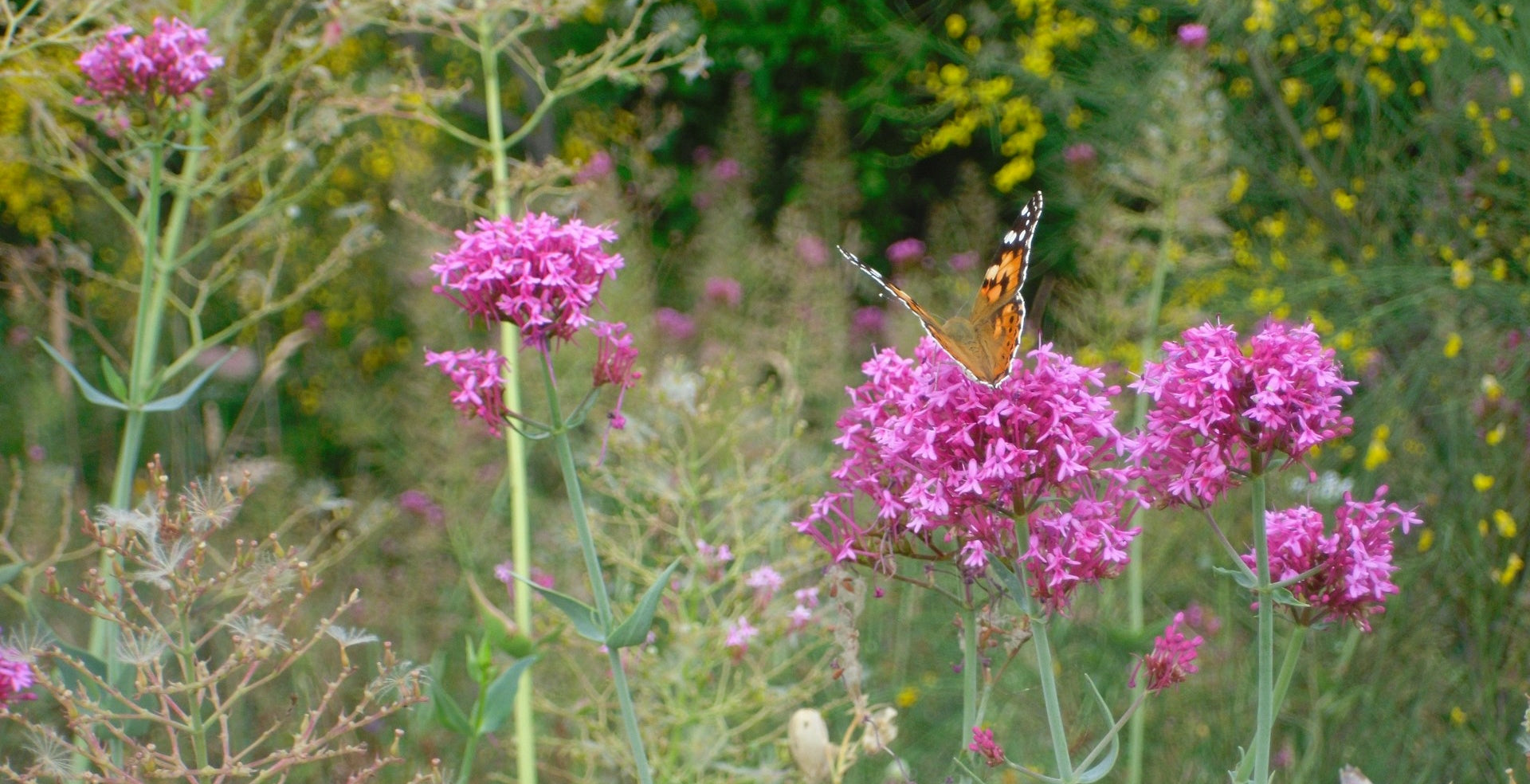
Why Bother with Botanical Alternatives to Alcohol?
Many folk today are seeking healthier lifestyles, and the demand for alcohol alternatives is booming. Functional beverages that offer relaxation without alcohol's downsides are becoming quite popular. While synthetic alcohol alternatives are still undergoing rigorous testing and regulatory approval, botanical ingredients that are already considered safe offer viable alternatives right now.
So, what makes a botanical alcohol alternative effective?
GABA
GABA, or gamma-aminobutyric acid, is a neurotransmitter in the brain that helps reduce stress and promote relaxation. If a substance influences the GABA system it’s referred to as GABAergic (the same is true of the serotonin system: serotonergic, or that of dopamine: dopaminergic—you get the idea). GABA the first neurotransmitter system that alcohol interacts with in your brain. The trouble with alcohol is that it doesn’t stop there; it also affects other neurotransmitters like dopamine, serotonin, endorphins, and glutamate. Safe and effective alcohol alternatives need to be much more precise. Fortunately, there are several plants with compounds that interact with the GABA system, providing calming effects like alcohol but without the negative consequences.
Power plants
So what are some ingredients that might give an alcohol alternative its GABAergic kick?
Valerian: Known for its sedative properties, valerian’s active components, valerenic acid and valerenol, increase the amount of GABA in the brain by inhibiting its breakdown and reuptake. This results in a calming effect that can help reduce anxiety and improve sleep quality.
Kava: Kava’s active components, kavalactones like kavain and methysticin, modulate certain GABA receptors, enhancing GABA’s inhibitory effects. This can lead to a relaxed state without impairing cognitive function.
Blue Skullcap: Skullcap contains baicalin, which binds to the benzodiazepine site of the GABA A receptor. This interaction produces anxiety-reducing effects, making it a valuable ingredient in stress-relief formulas.
Hops: Commonly used in brewing beer, hops contain 2-methyl-3-buten-2-ol, which modulates GABAergic activity. This compound helps enhance the relaxing effects of GABA, contributing to the calming sensation often associated with a good drink.
All the above are covered in this scientific paper.
Enhancing Bioavailability
To make these ingredients more effective, it's crucial to enhance their bioavailability—the extent to which they can be absorbed by the gut and utilised by the body. Two ingredients that assist in this process are:
Piperine: Found in black pepper, piperine enhances the absorption of various compounds in the digestive system, making them more bioavailable.
Borneol: Found in mugwort and various species of pine tree, this compound helps transport small molecules across the blood-brain barrier, allowing them to exert their effects more efficiently in the brain.
Both of the above are covered in this scientific paper on alternatives to alcohol, produced by the GABA Labs team and published in the peer-reviewed scientific journal Nutrients.
Future Directions: Neurosteroid Analogs
Another exciting research avenue involves neurosteroid analogs found in plants. Neurosteroids are naturally occurring steroids in the brain that modulate the activity of neurotransmitter receptors, influencing mood, stress, and behaviour. Neurosteroids aren’t present in plants, but some plants, such as those in the Solanaceae family like tomatoes, potatoes, and peppers contain enzymes similar to those used in neurosteroid synthesis. These plant-based enzymes could potentially interact with human neurosteroid metabolism, offering a new layer of interaction between botanicals and the GABA system. This opens possibilities for developing new functional botanicals that provide even more effective alternatives to alcohol.
The journey to creating a botanical alcohol alternative involves meticulous research and a deep understanding of natural ingredients and their interactions with the human body. By leveraging GABAergic plants and enhancing their bioavailability, it's possible to develop beverages that offer relaxation and enjoyment without the adverse effects of alcohol. As research continues, the potential for even more sophisticated and effective botanical alternatives looks promising.





